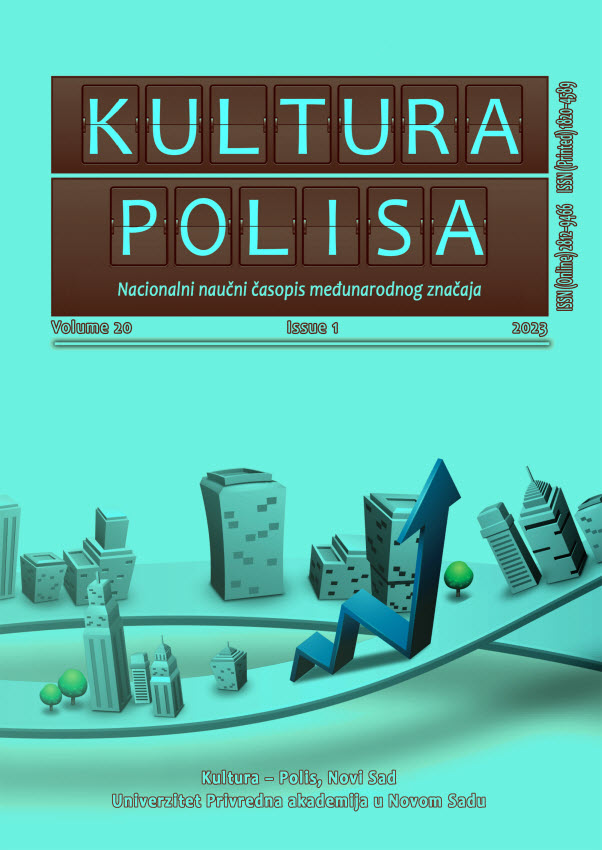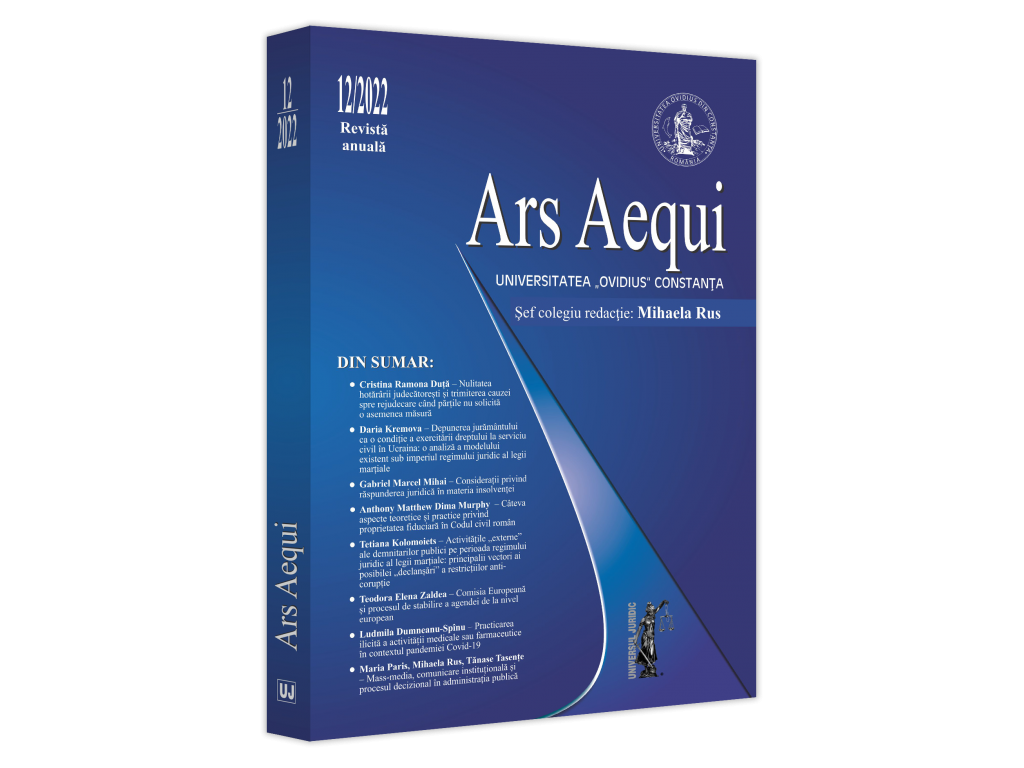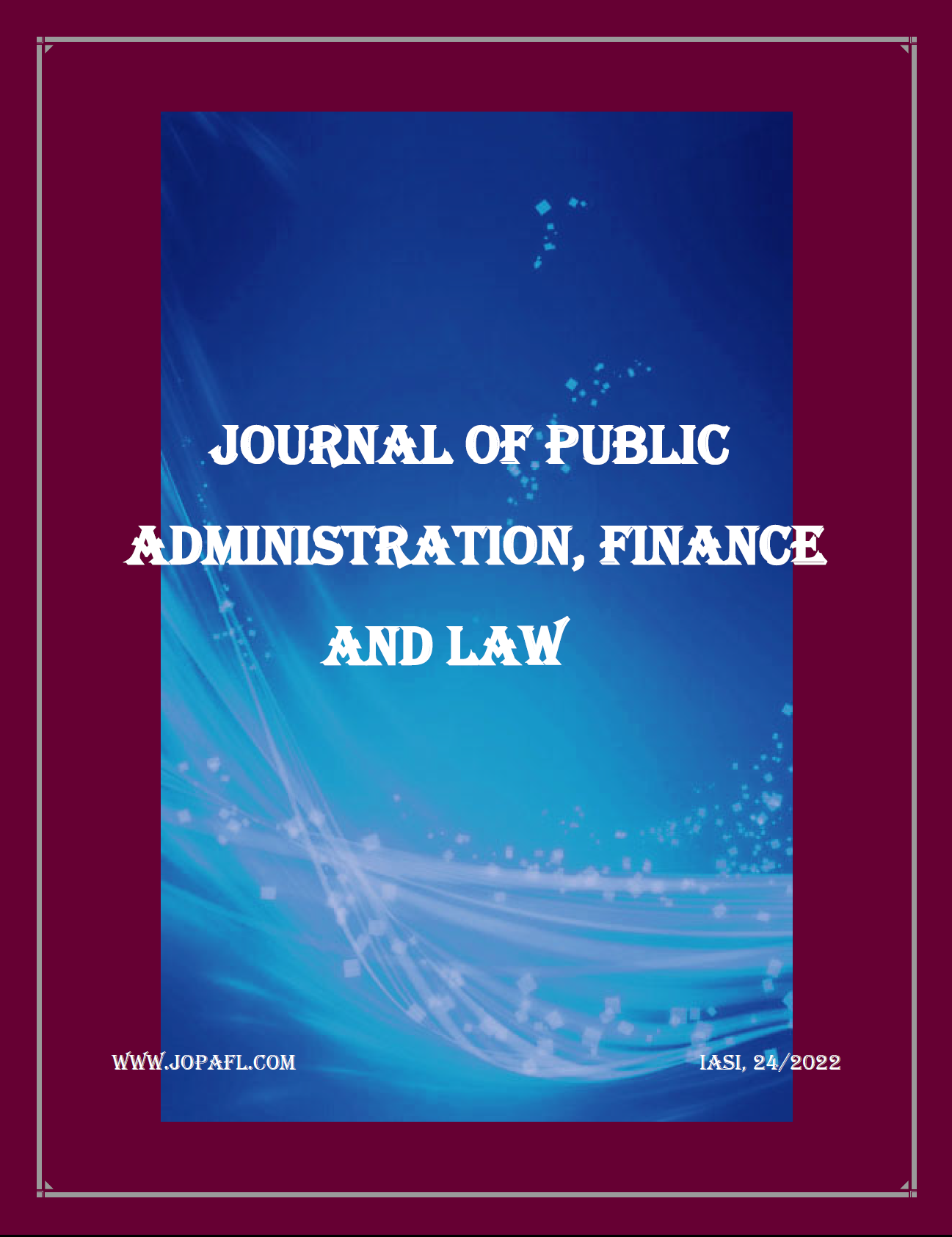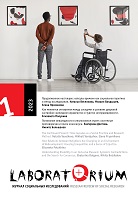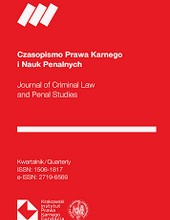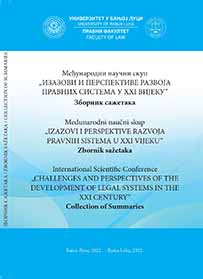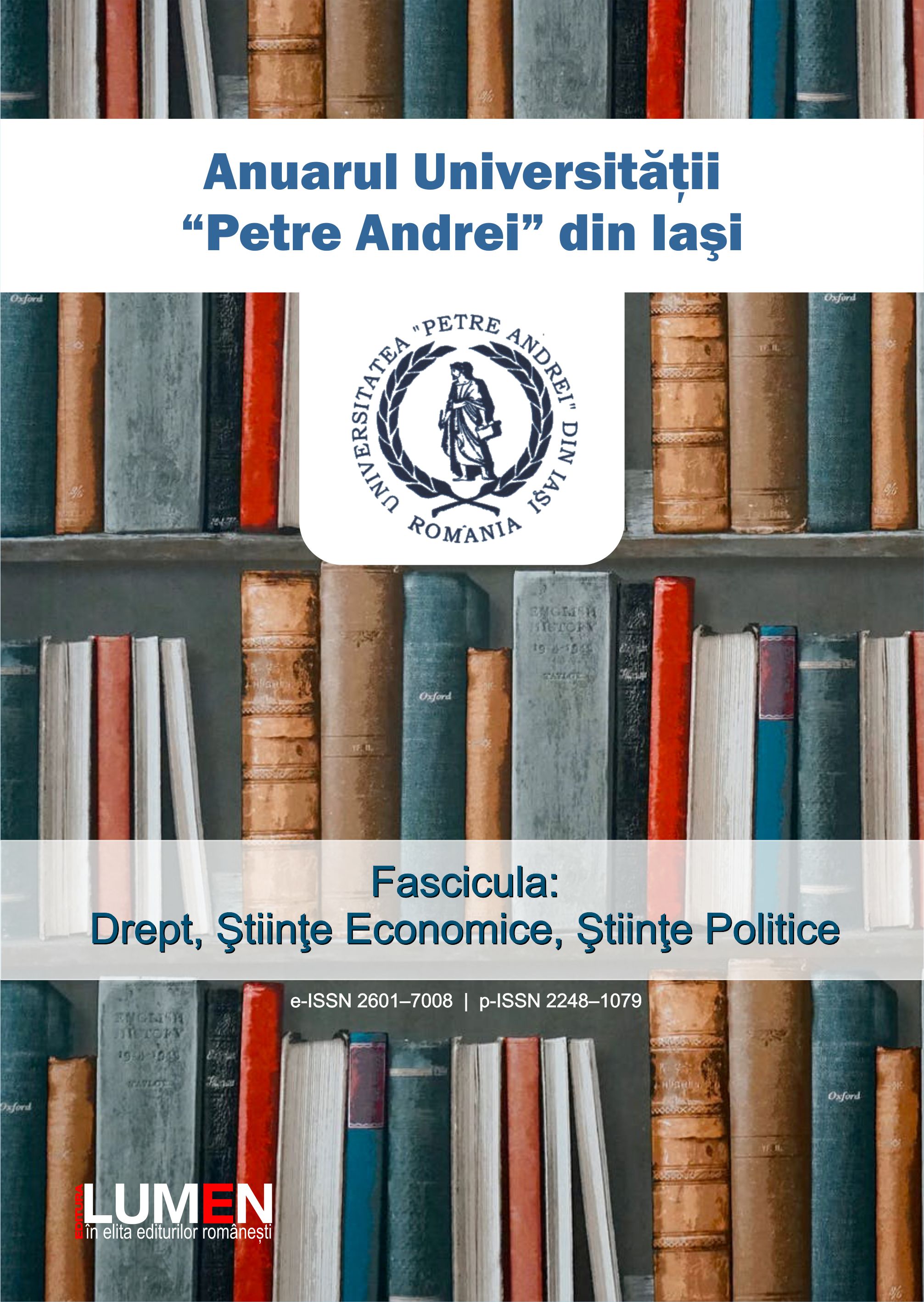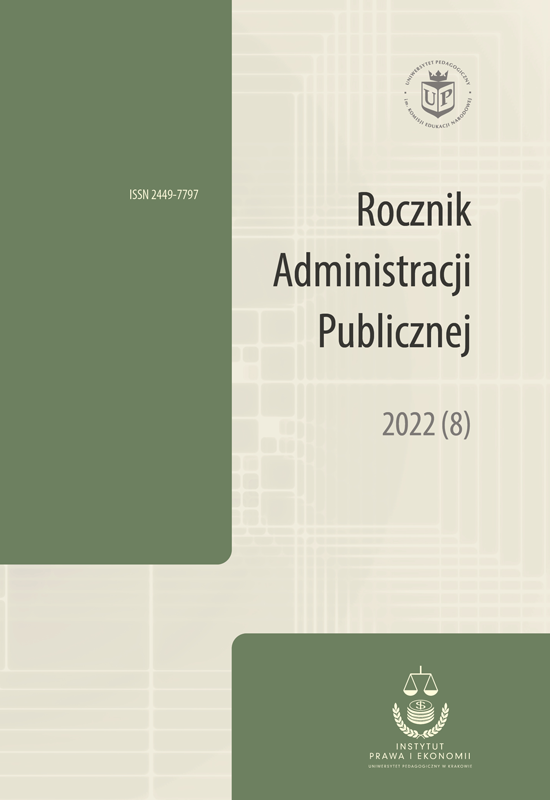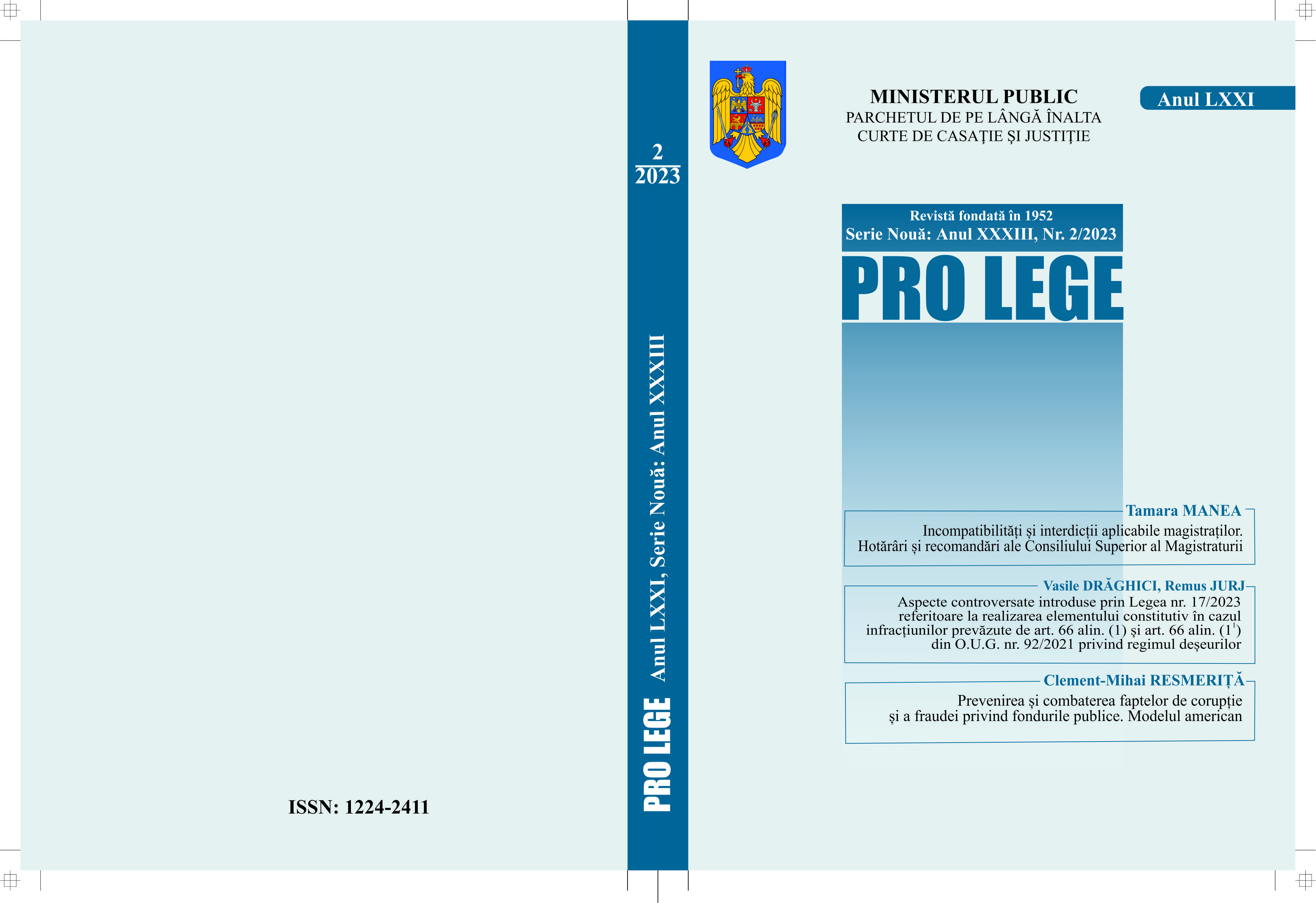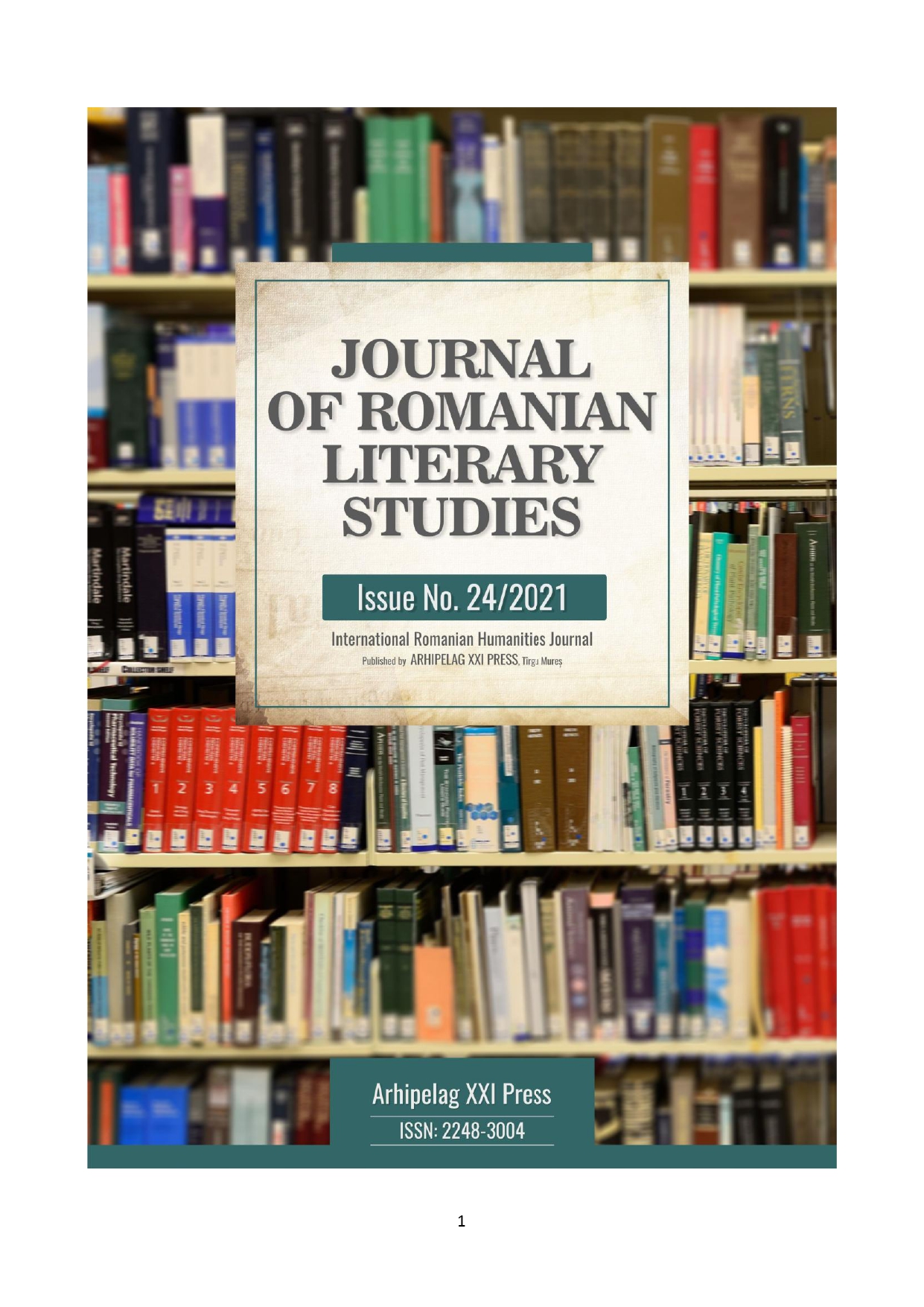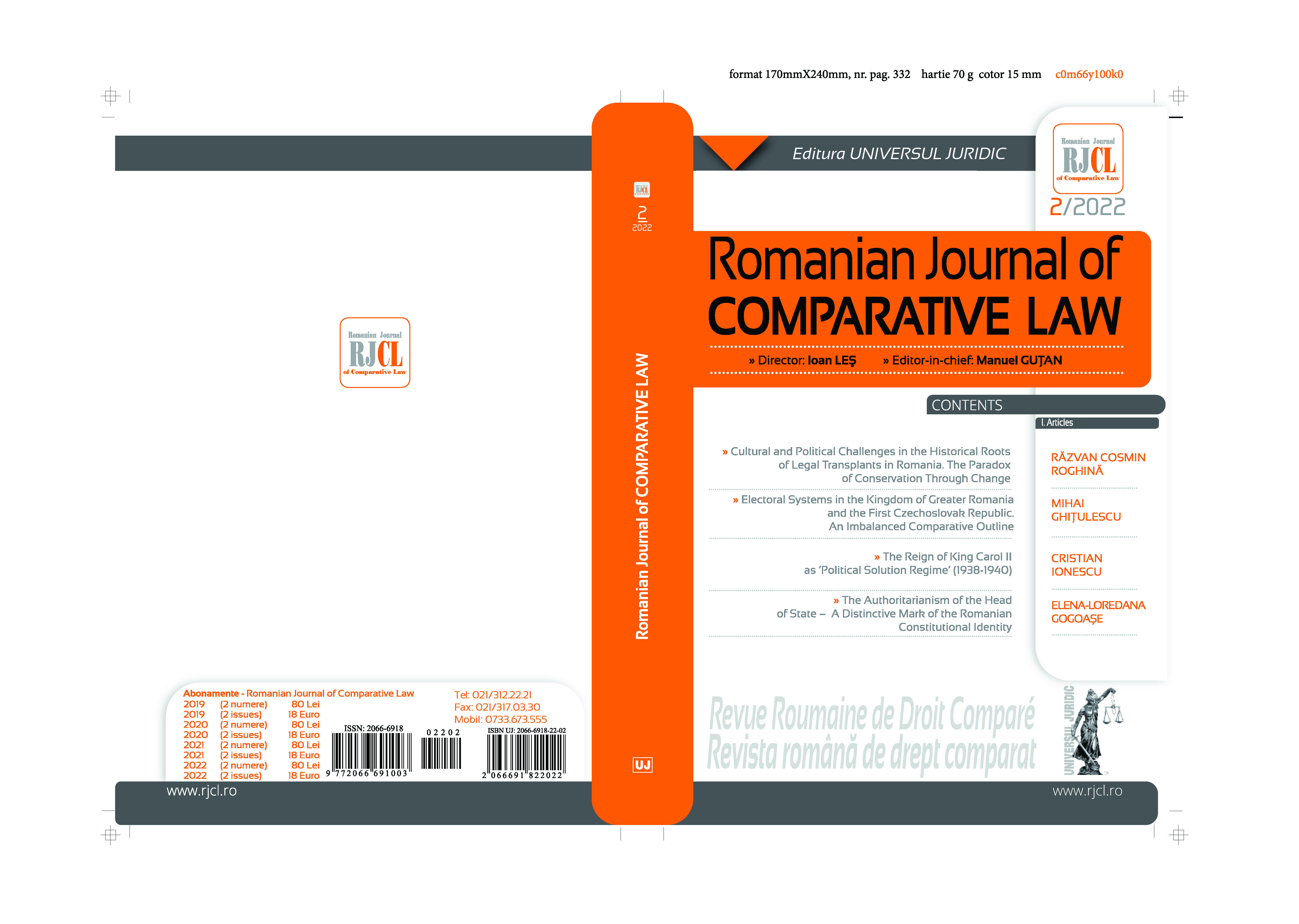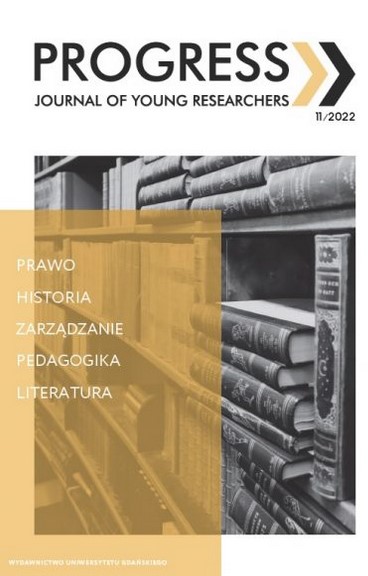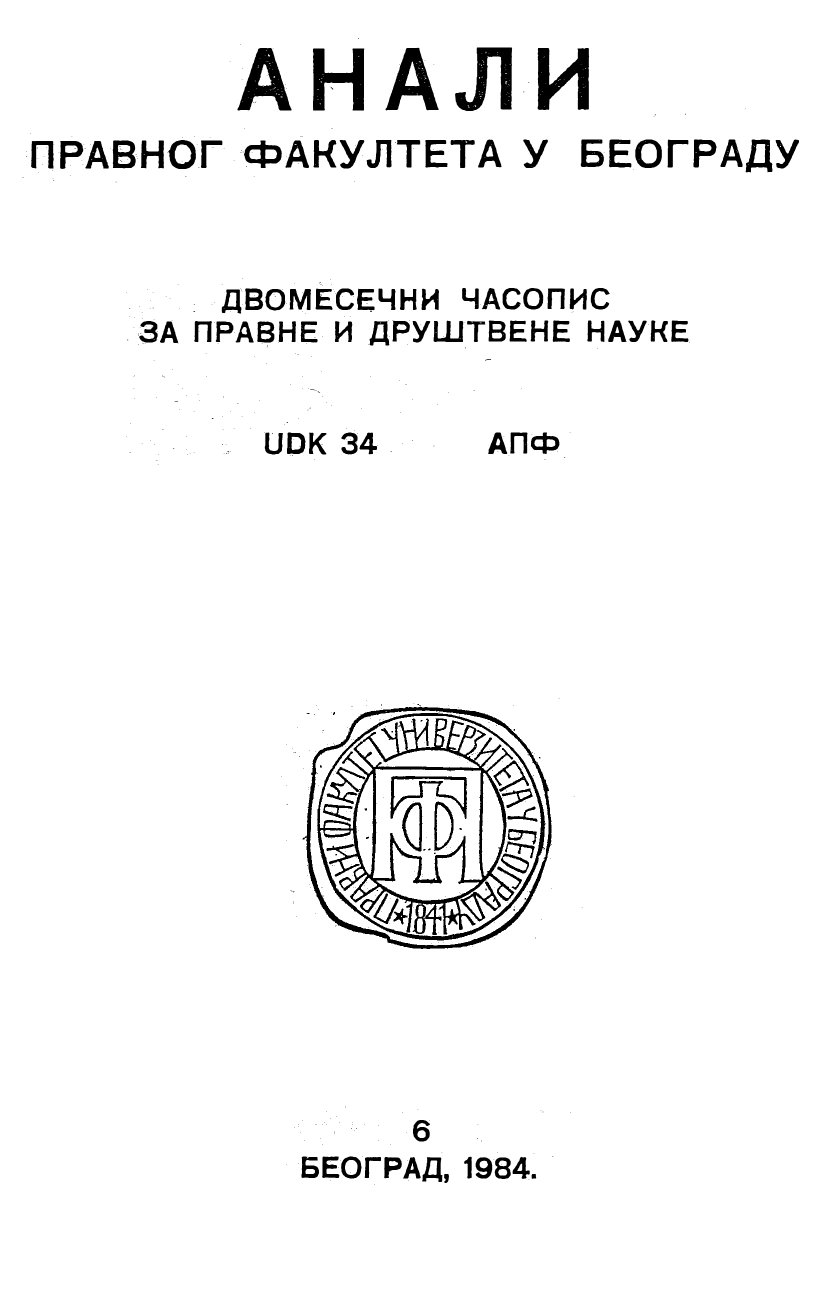
ПОЛОЖАЈ ИЗВРШНЕ ВЛАСТИ У СРБИЈИ ПРЕМА УСТАВНИМ ПРОЈЕКТИМА И УСТАВИМА У XIX ВЕКУ
In the first half of the nineteenth century, or more precisely, up to the seventh decade of that century, the principle of division of authority was not applied (implemented) in Serbia, although this principle was emphasised as the underlying principle of the functioning of authority in all of the Serbian constitutions and constitutional drafts, In regard to this fact, full division of authority was not completed, either in respect to the main functions of authority among the supreme organs or in respect to the consistent differentiation withm one single function of authority. Therefore, even if all the supreme organs perform the legislative and executive function, occasionally judicial as well, there can still be observed a continuity in the prévalant performance of one function of authority. For example, the Duke (Knez), the Soviet and the government, for almost a century, all performed the executive function of authority. The extent of executive authority, even legislative, performed by the ruler and the Soviet, depended on the balance of power between the two sides. Up to the sixth decade of the nineteenth century, the Soviet was the more significant organ of authority. From that time on, the position of the Soviet declined, while the position of the ruler, as an organ of authority, strengthened. In the sicth decade of the nineteenth century, more precisely, from 1861, when the Constitution of the Soviet Act was passed, (from that time the Soviet was called the »Privy Council«), its legislative and executive function of authority were diminished. This process continued, so that according to the provisions of the Constitution of 1869, the Council lost its legislative function, while its executive function of authority was further diminished. In fact, this Constitution laid the foundation for the administrative and judicial functions of authority of the Council. The Council retained this position throughout the period discussed here. Almost all of the constitutions and constitutional projects have provided that the government should be supreme organ of authority. It had either been a body within the Soviet, or an independent organ of authority. In the period up to the Constitution of 1869, the position of the government changed according to the position of the Soviet. The government became subordinated to the ruler to such an extent, that it was regarded as the ruler’s executive office. Finally, in the seventh decade of the nineteenth century, the position of the government changed again; the government, together with the ruler, became the executive organ of authority, according to the provisions of the Constitution and legal regulations (laws). According to the provisions of the Constitution of 1869, and later the Ministerial Responsibilities and Liabilities Act, the government was liable to criminal and civil action in regard to the ruler and the Assembly. Political responsibility, or liability, was provided by the Constitution of 1888. From this date on, parliamentary government was established in Serbia. They often succeeded one another in power, for struggle among the political parties was striking.
More...
